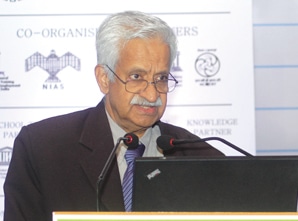The Reserve Bank of India (RBI) launched an all-India RBI inter-school quiz competition called RBIQ as an initiative to promote financial literacy at school level. The quiz will be conducted among students in of classes 9th, 10th, 11th and 12th. As this is the first year of the quiz, select schools located across the length and breadth of the country across all educational boards have been invited to participate.

The RBIQ strives to create an awareness and interest about the history and role of the RBI, banking and finance, economics, current affairs and personalities and events that have contributed to the growth and progress of India over the years. It is an effort to build a ‘connect’ between the RBI and the young students across the country and to disseminate financial literacy among them. The quiz seeks to recognise and encourage bright young students and provide a national platform for their talent.
The question format will be kept interesting so as to keep the participants and audience engaged and to make them keen to learn more about the topics covered. It will be conducted by Mr. Barry O’Brien, one of the leading quiz masters of the country and his frequent team-mate and co-host Mr. Ryan Shaw who will also help RBI research for the quiz.
After the elimination round in more than 30 cities, the zonal finals would be conducted in mid-November, 2012 and the national final would held at Mumbai in the third week of December 2012. The winners will be given attractive prizes at the hands of the Reserve Bank Governor. All participant students will be felicitated with participation certificates.







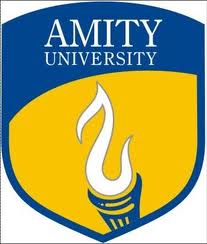


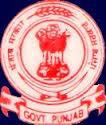

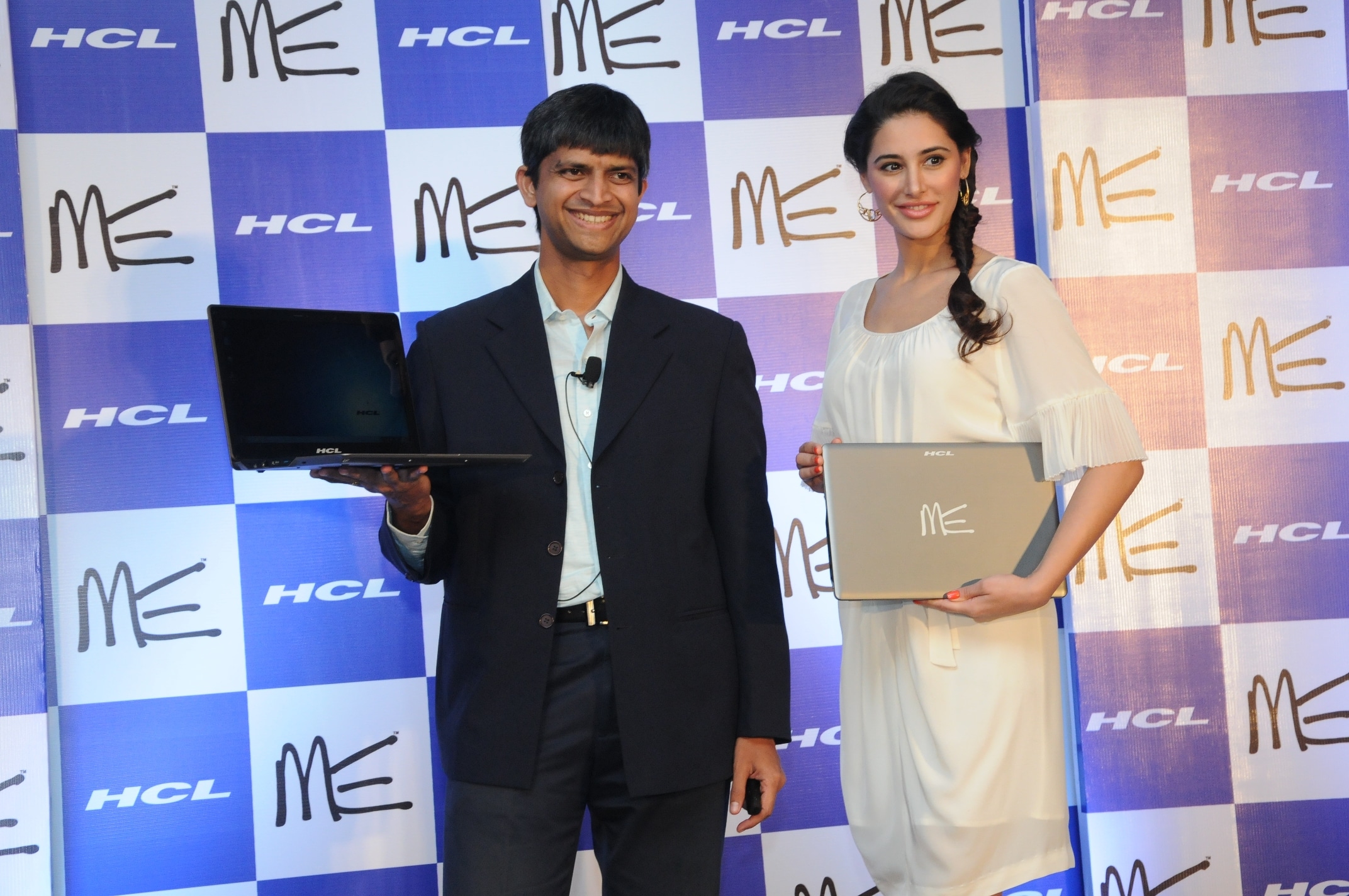
 HCL Infosystems Ltd has launched its first HCL Ultrasmart ME Ultrabook – the HCL Ultrasmart ME Series 3074. The HCL ME Ultrabook is one of the first devices launched in India to be powered by 3rd Generation Intel Core i3 processors. These lightweight Ultrasmart devices offer a complete new insight to the future of computing technology. Equipped with a superior responsive system- with an auto resume in less than five seconds the all new Ultrabook series comes with a very long battery backup of up to seven hours. This is one of the first 3rd generation Ultrabook devices from HCL and more such next gen devices will be launched soon.
HCL Infosystems Ltd has launched its first HCL Ultrasmart ME Ultrabook – the HCL Ultrasmart ME Series 3074. The HCL ME Ultrabook is one of the first devices launched in India to be powered by 3rd Generation Intel Core i3 processors. These lightweight Ultrasmart devices offer a complete new insight to the future of computing technology. Equipped with a superior responsive system- with an auto resume in less than five seconds the all new Ultrabook series comes with a very long battery backup of up to seven hours. This is one of the first 3rd generation Ultrabook devices from HCL and more such next gen devices will be launched soon.
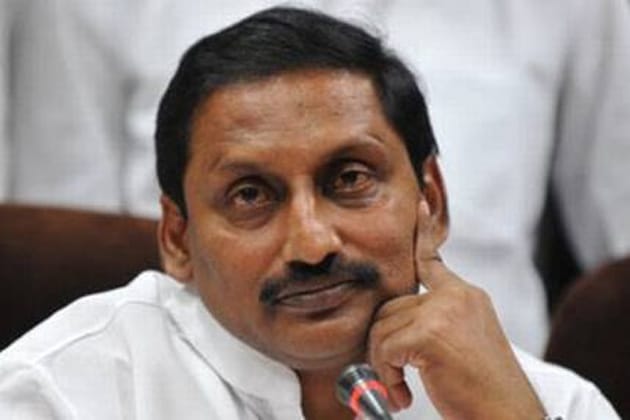
 Chief Minister N Kiran Kumar Reddy has announced that a comprehensive education plan and package would be implemented in Mahbubnagar district after making AN extensive study.
Chief Minister N Kiran Kumar Reddy has announced that a comprehensive education plan and package would be implemented in Mahbubnagar district after making AN extensive study.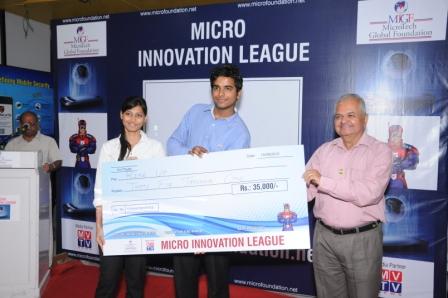
 awareness among the people of the technological advances in the country and motivates younger generation in particular to participate in the joys of technological innovations.
awareness among the people of the technological advances in the country and motivates younger generation in particular to participate in the joys of technological innovations.
 The bench directed CBSE and ICSE boards to enforce a condition for continued affiliation, payment of salary provisionally at the rate of Rs 10,000 per month for primary teachers’, Rs 15,000 for high school teachers and Rs 20,000 for higher secondary teachers.
The bench directed CBSE and ICSE boards to enforce a condition for continued affiliation, payment of salary provisionally at the rate of Rs 10,000 per month for primary teachers’, Rs 15,000 for high school teachers and Rs 20,000 for higher secondary teachers.